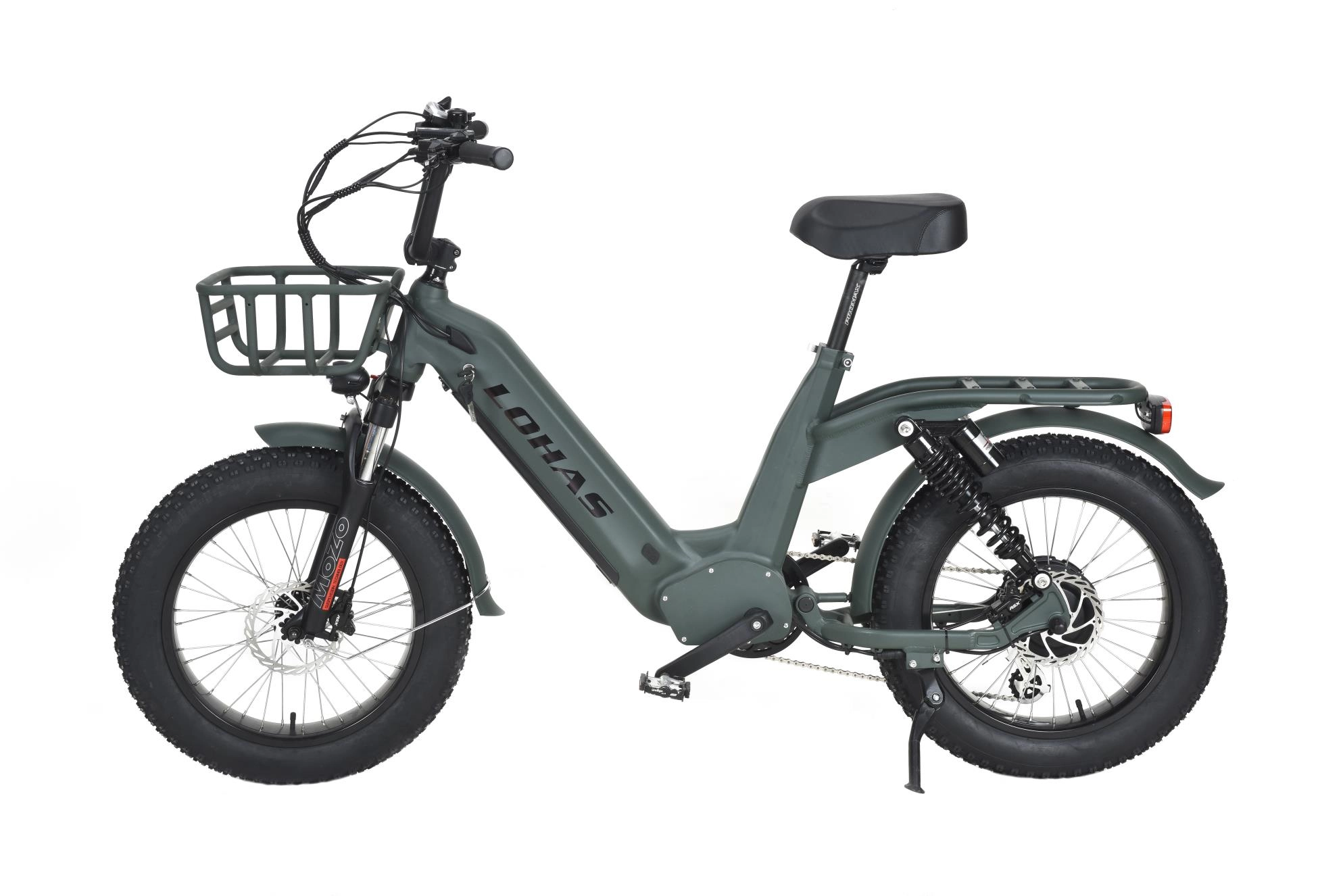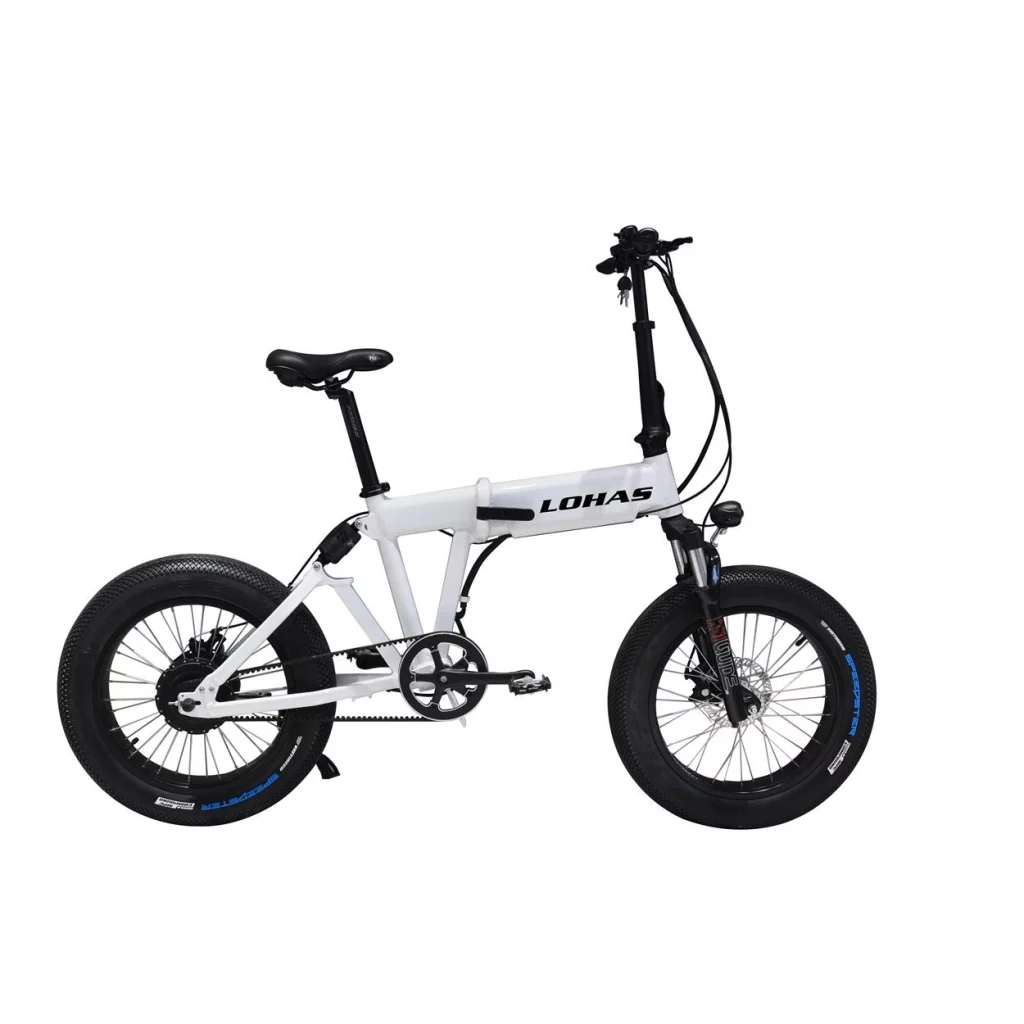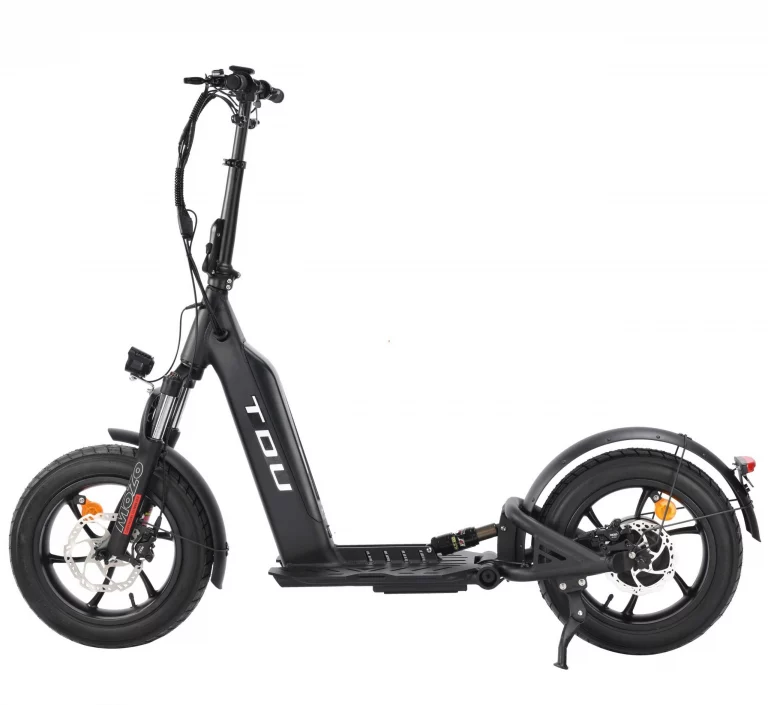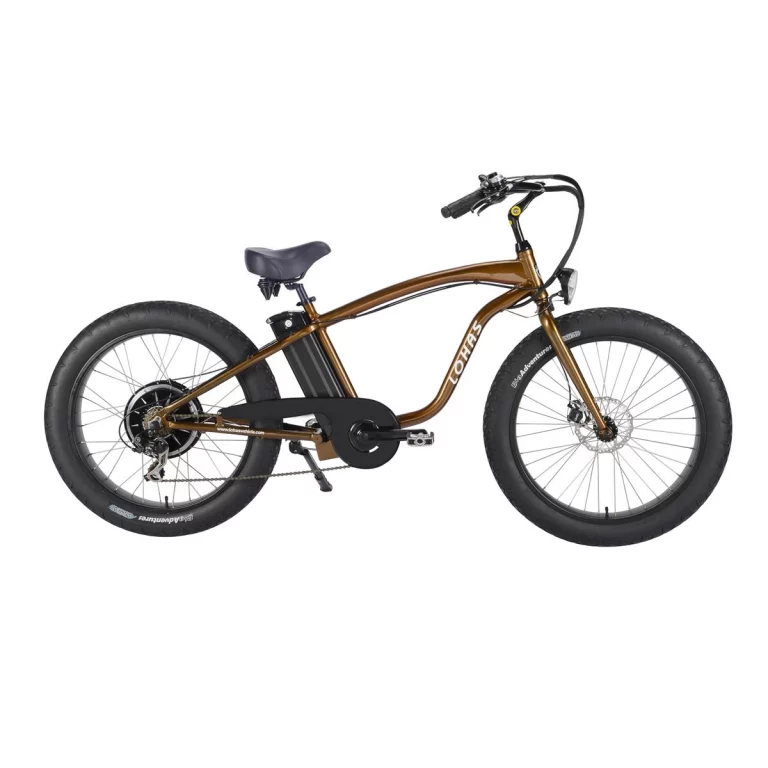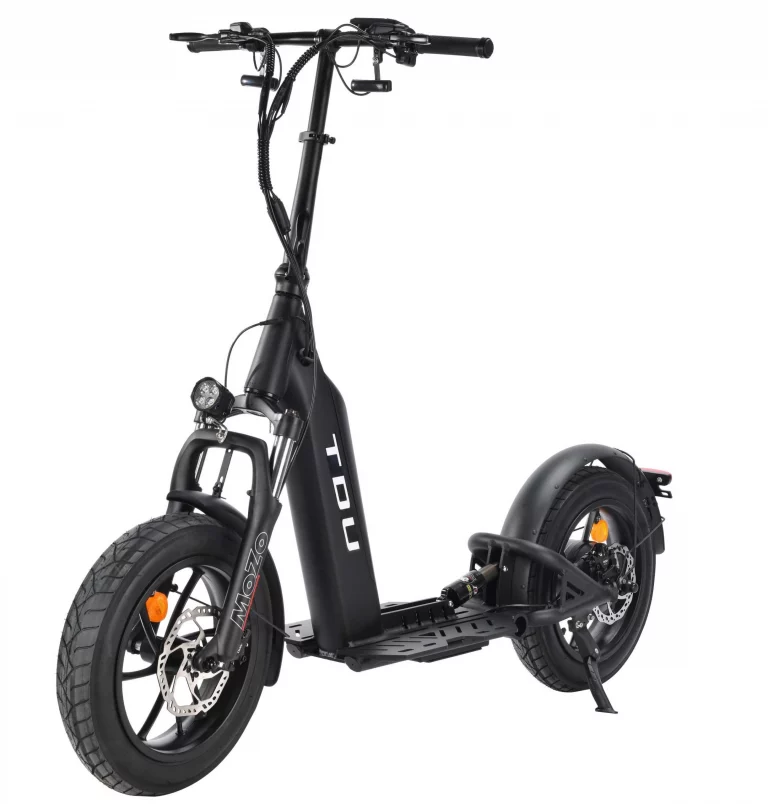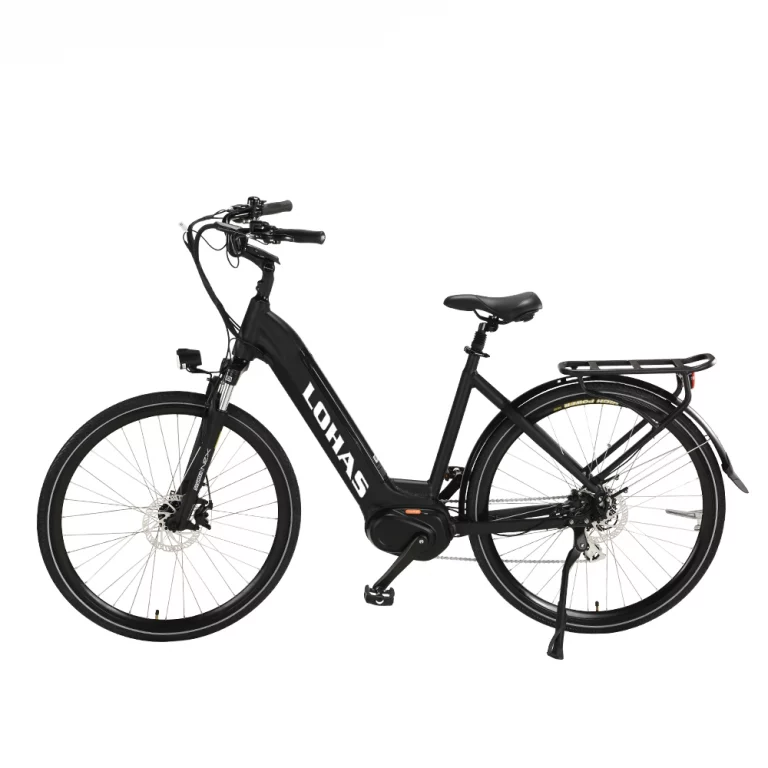Why E-Bike Brakes Gotta Be On Point in the Rain
Why Good Brakes Save Your Hide in Wet Weather
Riding an e-bike when it’s pouring? Yeah, that’s a whole thing, especially for braking. If your brakes are dialed in, you’re way safer and can keep things under control. Wet roads are slick as heck, so your tires don’t grip like usual. That means you need more space to stop. Solid brakes help you dodge crashes and keep you chill while riding. Rain, cold, or heat can mess with how your e-bikes brakes work. Tweaking ‘em regularly keeps you safe and makes your brake pads and rotors last longer, even when the weather’s being a fool.
How Rain Screws with E-Bike Brakes
Rain’s a total buzzkill for e-bike brakes. Water makes the brake pads and rotors less grabby, so stopping takes forever. Plus, moisture can rust up metal bits like cables or calipers, which screws things up over time. You might hear annoying squeaks or feel mushy brakes with mechanical disc brakes ‘cause water sneaks in. For hydraulic disc brakes, water can let air bubbles creep into the fluid, which tanks the braking power.
Gear You Need to Tweak E-Bike Brakes
Must-Have Tools for Brake Fixes
You don’t need a fancy bike shop to mess with your e-bike brakes. Just grab some basic tools, and you’re good. Hex keys (you know, Allen wrenches) are clutch for fiddling with calipers and levers. A screwdriver’s great for tweaking cable tightness. If you’ve got hydraulic disc brakes, a bleed kit’s your best friend to kick out air bubbles and keep things smooth. Toss in an adjustable wrench for bolting stuff tight and a clean rag to wipe rotors so they’re free of gunk or grease.
Safety Stuff for Brake Work
Don’t be dumb when you’re messing with your bike—stay safe. Slap on gloves to keep your hands safe from sharp bits or crud. Safety glasses are a smart move to block splashes of hydraulic fluid or random flying junk. Make sure your workspace is lit up and steady so you don’t, like, face-plant while tweaking your brakes.
How to Dial In E-Bike Brakes for Rainy Days
Checking Your Brakes Before You Mess with ‘Em
Before you start tweaking, give your e-bike’s brakes a good once-over. Peek at the brake pads—if they’re worn out or lopsided, swap ‘em right away. Scope out the rotors for any warping or rust that could mess things up in the rain. For mechanical disc brakes, check the cables for fraying or rust. If they’re janky, replace ‘em to keep things running slick.
Getting Mechanical Disc Brakes Rain-Ready
Mechanical disc brakes work off cable tension, so you gotta get that right. Start by loosening the caliper bolts with a hex key. Line up the caliper so it’s dead-center over the rotor, with even gaps on both sides. Tighten those bolts back up when it’s good.
Then, mess with the cable tension by twisting the barrel adjuster near the lever or caliper. Keep going ‘til the brakes feel snappy but not too loose. Spin the wheel and hit the brake to test it—make sure it stops clean and doesn’t drag when you let go.
For extra juice in wet weather, think about grabbing water-resistant brake pads made for rainy rides.
Tuning Up Hydraulic Disc Brakes for Wet Stuff
Hydraulic disc brakes are beasts but need some love in the rain. First, check the fluid in the reservoir. Low fluid? That’s gonna make braking weak. Top it off with the fluid your bike’s maker says to use.
If you think water’s let air bubbles sneak in, it’s bleed time. Grab a bleed kit and follow the maker’s steps: hook up syringes with hydraulic fluid to both ends of the brake line and flush out the air ‘til it’s just fluid flowing.
Last, tweak the lever reach with an Allen wrench if you need to. That way, it feels comfy even with gloves on during soggy rides.
Tricks to Make E-Bike Brakes Pop in the Rain
Picking Brake Pads That Don’t Suck in Wet Weather
Getting the right brake pads is huge for keeping your e-bike brakes on point when it’s pouring. Water-resistant or sintered metal pads are where it’s at—they grip better and last longer than organic ones. These are built to deal with the slipperiness water causes on rotors, so your brakes stay steady. Don’t skimp with worn-out or cheap pads; they’ll let you down when it’s slick out.
Keeping Your Brake System Clean and Happy
You gotta clean your e-bike brakes regularly to keep ‘em working like a charm. Dirt, grime, and water pile up on rotors and pads, which makes stopping harder. After a wet ride, wipe the rotors with a clean rag to ditch the gunk. Adjusting your e-bike brake sensor doesn’t need a big shop—just a screwdriver and hex keys to tweak cables and calipers. For hydraulic disc brakes, a bleed kit’s key to zap air bubbles messing with fluid pressure.
Check brake cables for fraying or rust, especially on mechanical disc brakes. Swap out any busted ones ASAP to keep things smooth. Peek at your brakes every few weeks or after 200-300 miles of riding to dodge wear and keep ‘em reliable. E-bike brakes need checking and tweaking every few weeks or after about 200-300 miles, depending on how much you ride and what the weather’s like.
How Tire Tread Helps Your Brakes Out
Tire tread’s a big player in making your brakes work better in the rain. Tires with deep grooves or wet-weather patterns push water away, so you’re less likely to skid out. That helps your brakes by keeping tires glued to the road. Check your tread depth often and swap tires if they’re looking bald.
How Yongkang LOHAS Makes Killer E-Bike Brakes
Fancy Tech Yongkang LOHAS Uses
Yongkang LOHAS Vehicle Co., Ltd is all about next-level manufacturing to churn out dope e-bikes with brakes you can trust. Their high-tech gear makes sure stuff like hydraulic disc brakes is put together just right. These brakes are beasts, even in wet weather. They use cool materials and designs to make their bikes tough and high-performing.
Sticking to Safety and Quality
Safety’s the name of the game at Yongkang LOHAS. They follow strict rules to make sure their e-bikes are legit and meet rider needs. By focusing on top-notch craftsmanship, their bikes’ brakes work like a dream, rain or shine.
Yongkang LOHAS Vehicle Co., Ltd also offers custom tweaks to fit what you need, mixing innovation with quality work.
Frequently Asked Questions
- How often should I mess with my e-bike brakes?
Check and tweak your e-bike brakes every few weeks or after 200-300 miles, depending on how much you ride and the weather. - What brake pads are best for rain?
Water-resistant or sintered metal pads are clutch—they grip better in wet stuff than organic ones. - Can I use regular tools instead of fancy ones?
Basic stuff like screwdrivers and hex keys work for small tweaks, but you’ll need a bleed kit for hydraulic disc brakes to do it right. - Are hydraulic disc brakes better in rain than mechanical ones?
Yup, hydraulic disc brakes usually hold up better in wet weather ‘cause their sealed systems keep water out.
Got questions about custom e-bikes or slick designs for your needs? Yongkang LOHAS Vehicle Co., Ltd’s got you with killer solutions blending innovation and quality.

